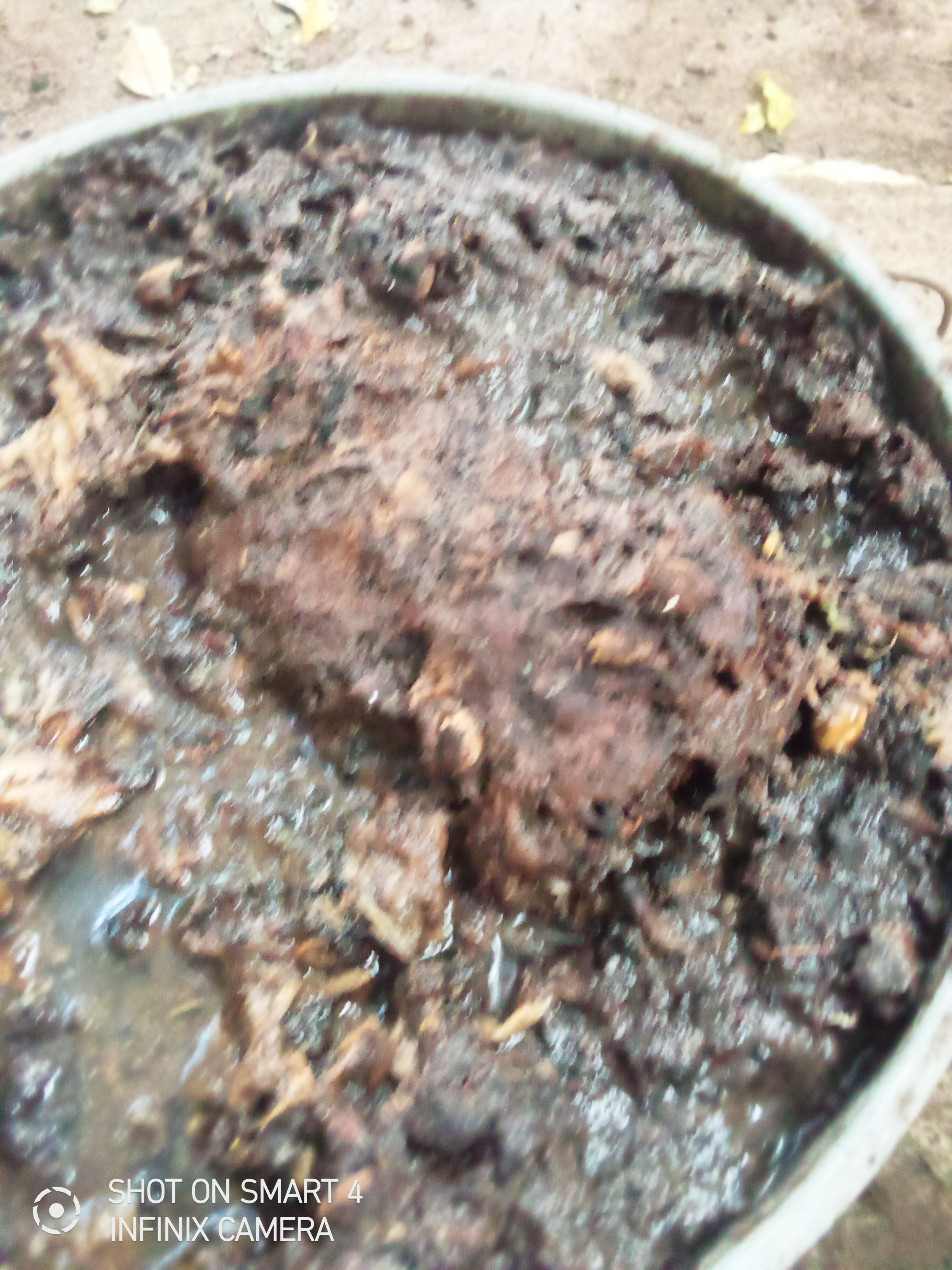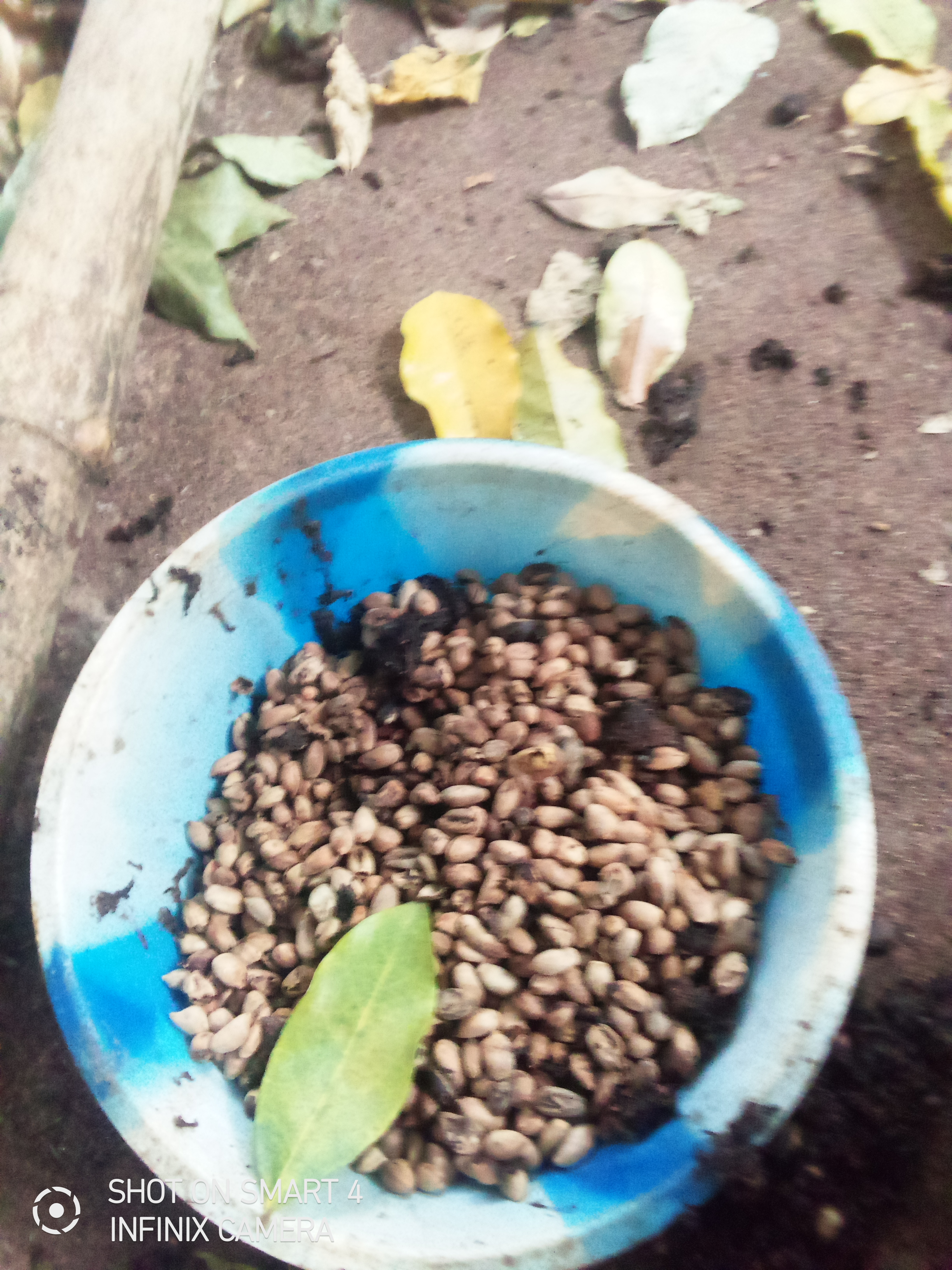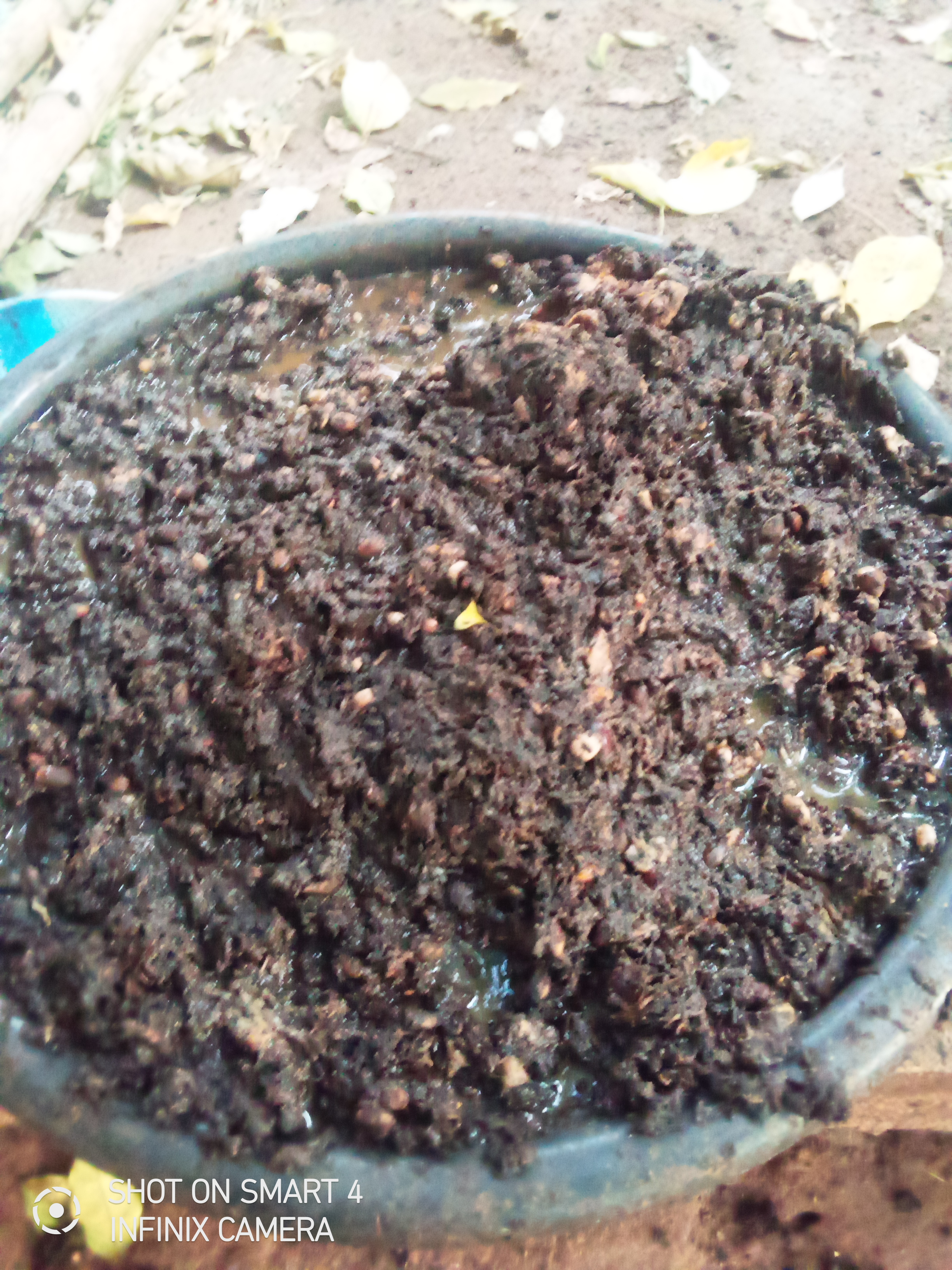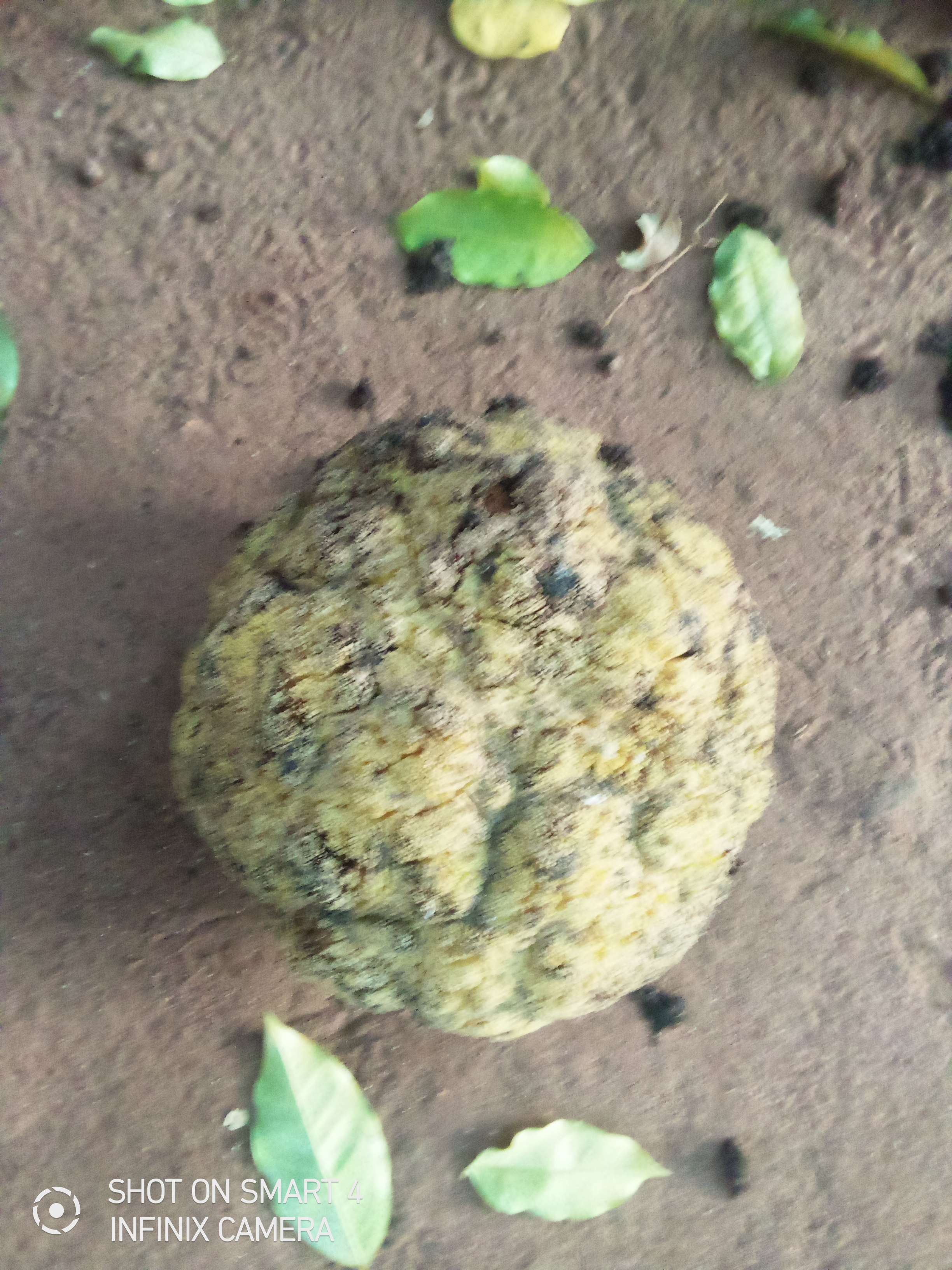Introduction
Treculia africana, commonly known as African breadfruit or Ukwa, is a nutritious food source widely consumed in Nigeria, particularly among the Igbo people in the southeastern region. This literature review aims to provide an overview of the taxonomy, nutritional value, culinary uses, and potential health benefits of Treculia africana.





Taxonomy and Classification
Treculia africana belongs to the family Moraceae, which comprises over 1,000 species of flowering plants (Berg, 2001). The genus Treculia is a small group of plants, with T. africana being one of the most widely distributed species in tropical Africa (Berg, 2001). The species has been reported to occur in countries such as Nigeria, Cameroon, Democratic Republic of Congo, and Angola (Berg, 2001).
Nutritional Value
Treculia africana is considered a good source of essential nutrients, including proteins, vitamins, and minerals. The fruit contains a high percentage of starch, making it a valuable source of energy (Okafor, 1983). The protein content of the fruit is also significant, with a study reporting a protein content of 12.6% (Okafor, 1983). The fruit is also rich in vitamins A and C, potassium, and fiber (Okafor, 1983).
Culinary Uses
Treculia africana is a versatile fruit that can be consumed in various forms. In Nigeria, the fruit is commonly cooked with potash, bitter leaf, dry fish, pepper, and spices to make a delicious and nutritious meal (Okafor, 1983). The fruit can also be roasted or boiled and eaten as a snack (Okafor, 1983).
Potential Health Benefits
Treculia africana has been reported to possess several potential health benefits. The fruit contains antioxidants and anti-inflammatory compounds that may help protect against chronic diseases such as cancer, diabetes, and cardiovascular disease (Okafor, 1983). The fruit's high fiber content may also help promote digestive health and prevent constipation (Okafor, 1983).
Conclusion
Treculia africana is a nutritious food source that offers several potential health benefits. The fruit is rich in essential nutrients, including proteins, vitamins, and minerals. Its culinary uses are diverse, and it is a valuable component of the traditional cuisine in Nigeria. Further research is needed to fully explore the potential health benefits of Treculia africana and to promote its cultivation and consumption.
References:
Berg, C. C. (2001). Moraceae. In A. R. Smith, T. B. Croat, & R. C. Moran (Eds.), Flora of the Guianas (pp. 1-34). Royal Botanic Gardens, Kew.
Okafor, J. C. (1983). Potentials of the African breadfruit (Treculia africana) as a food source. Ecology of Food and Nutrition, 13(2), 109-116.